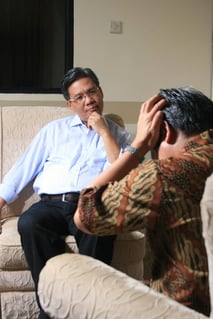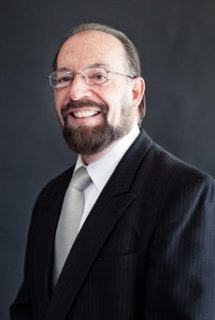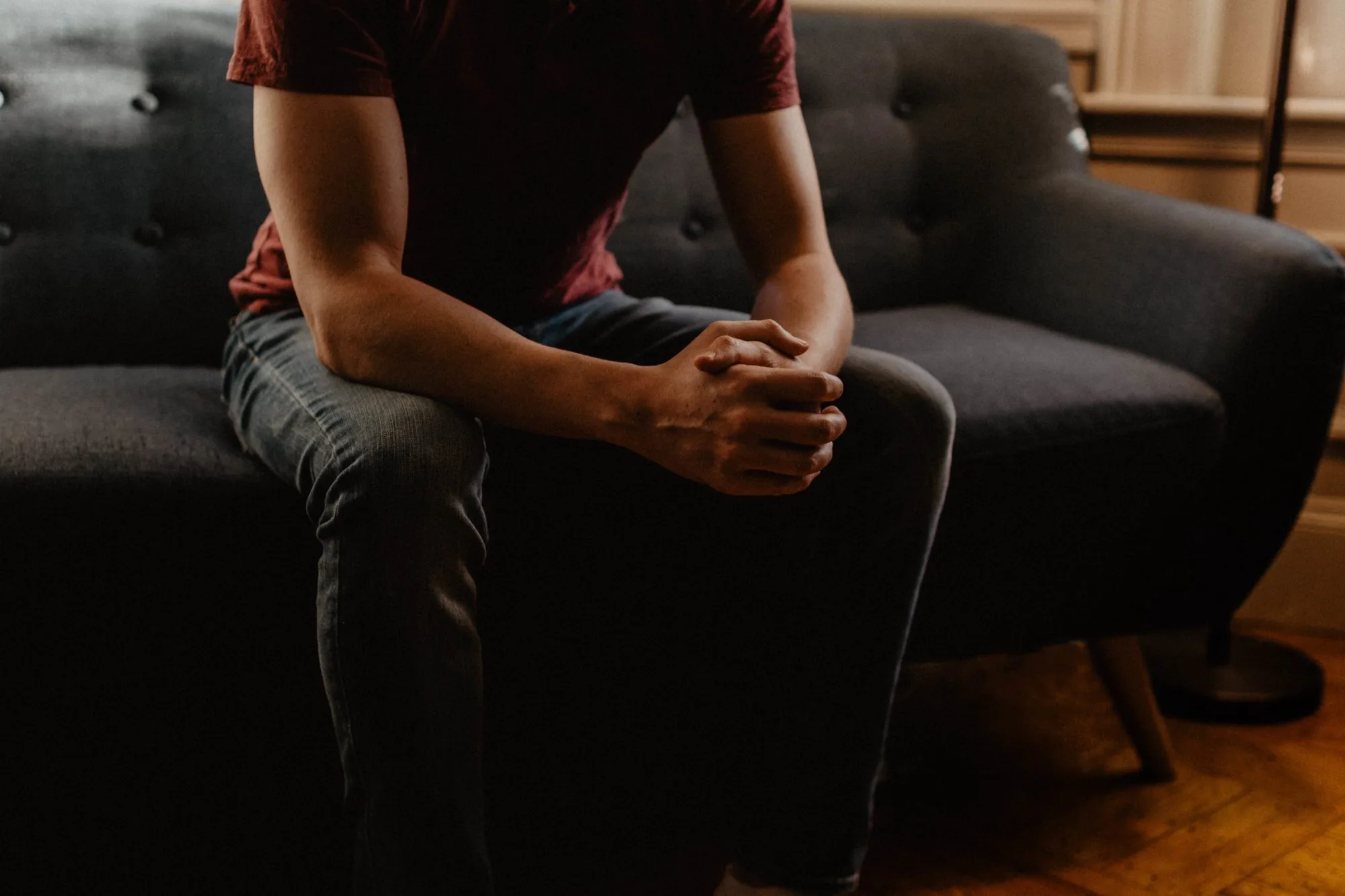Experts warn that a historic wave of mental-health problems is approaching following the outbreak of the COVID-19 pandemic. Tackling this issue is Johns Hopkins. The university is offering an innovative free psychological first aid online course.
Coronavirus-related anxiety
Like many other parts of the world, America is facing a wave of mental health issues. These include depression, substance abuse, and post-traumatic stress disorder, as well as suicide. In March, calls made to the “Disaster Distress Helpline” run by the Substance Abuse and Mental Health Services Administration (SAMHSA) jumped by 891 percent year-on-year.
New prescriptions since COVID-19 peak week
More and more Americans are taking prescription medicine to deal with their anxiety. Express Scripts reported that 78 percent of prescriptions for all anti-depressants, anti-anxiety, as well as anti-insomnia medications during the pandemic’s “peak week” of March 15 were new prescriptions.
According to a Kaiser Family Foundation poll, nearly half of Americans reported that the coronavirus crisis was damaging their mental health,
Barriers when it comes to mental health care
The National Alliance on Mental Illness (NAMI) estimates that one in five adults in the U.S. lives with a mental illness.
Despite these shocking statistics, people with mental health challenges face many barriers to getting appropriate mental health care.
Why?
Well first, the U.S. is facing a critical shortage of mental health professionals. In fact, seventy-seven percent of U.S. counties have reported a shortage of psychiatrists. Furthermore, on average, there are 20 mental health professionals for every 100,000 people in America.
This shortage then means that it can take much longer to get proper health care. A 2015 study set out to examine possible waiting times. The study found that the average wait time to get an appointment with a psychiatrist in Boston, Houston, and Chicago was 25 days. Some people even waited as much as 93 days for their first appointment.
Other research has found that mental health patients are twice as likely to wait more than six hours in E.R. for care compared to other medical patients. This includes children.
The silent shortage
Another important factor is those teaching the stigma around mental health. “As a general rule, mental health problems in the United States, their causes, cures, and those who suffer from them tend to be swept under the carpet,” reports Merritt Hawkins.
For these reasons, Merritt Hawkins refers to the dearth of psychiatrists as the “silent shortage.”
“The lack of emphasis given to the psychiatry shortage is partially rooted in pervasive stigmas about mental illness in the United States.”
Reluctance to discuss problems
“Those suffering from depression and other forms of mental illness frequently are reluctant to discuss their problems and are often reluctant to seek treatment. While the symptoms of those with heart, lung, orthopedic, or other physiological problems typically are readily apparent, the symptoms of those with psychological problems often are not.”
Cost of anxiety is high
When you are able to get an appointment, it’s costly. For example, in New York City, the average therapy session costs $220. Limited insurance coverage has also forced many people to go without mental health treatment.
According to a 2017 report from the National Institutes of Mental Health, of the 46.6 million adults in the United States with mental illness, only 42.6 percent (less than half!) have received care that year.
Free Psychological First Aid Online Course
This is why this free psychological first aid course is so important. The course promises to prep anyone to triage mental health emergencies as the pandemic continues to disrupt lives and threaten livelihoods.

It seems to be working. The course has scored 4.8/5 by the many thousands that have already completed it. Lead by psychologist George S. Everly—co-author of the book The John Hopkins Guide to Psychological First Aid. He is also co-founder of the International Critical Incident Stress Foundation.
What does the course teach?
This free psychological first aid course will help you learn to provide psychological first aid to people in an emergency by employing the RAPID model: Reflective listening, Assessment of needs, Prioritization, Intervention, and Disposition. The course has been developed in collaboration with the Johns Hopkins Open Education Lab.
The RAPID Model
Utilizing the RAPID model (Reflective listening, Assessment of needs, Prioritization, Intervention, and Disposition), this specialized course provides perspectives on injuries and trauma that are beyond those physical in nature.
The RAPID model is readily applicable to public health settings, the workplace, the military, faith-based organizations, mass disaster venues, as well as the demands of more commonplace critical events. For example, dealing with the psychological aftermath of accidents, robberies, suicide, homicide, or community violence.
Promoting resilience
The RAPID model can help promote personal as well as community resilience. Participants will increase their abilities to:
- Discuss key concepts related to PFA
- Listen reflectively
- Differentiate benign, non-incapacitating psychological/ behavioral crisis reactions from more severe, potentially incapacitating, crisis reactions
- Prioritize (triage) psychological/ behavioral crisis reactions
- Mitigate acute distress and dysfunction as appropriate
- Recognize when to facilitate access to further mental health support
- Practice self-care
Critical Accessible Training
According to Dr. Everly, the method has been tested over decades-worth of experience with natural disasters and other widespread crises. “It’s proven to safely transition someone out of a crisis temporarily, or “stop the bleeding.” To better connect them with the professional help that they need.”
To date, 237 000 people have already enrolled on this course.
The bottom line
People should not wait to reach out for the care and help they need. The impact of this pandemic will have long-term implications. Mental health resources are increasingly out of reach for an increasing number of individuals. Especially those who have lost jobs and therefore insurance. Hence, this course will go some way to helping people to help others in need.
About Johns Hopkins
Johns Hopkins was America’s first research university. A place that has revolutionized higher education in the U.S. and continues to bring knowledge and discoveries to the world. The mission of the Johns Hopkins University is to educate its students and cultivate their capacity for life-long learning. To foster independent and original research, and to bring the benefits of discovery to the world.
Read more:
Here are nine ways to stay informed as well as protect your mental health. Click here.


